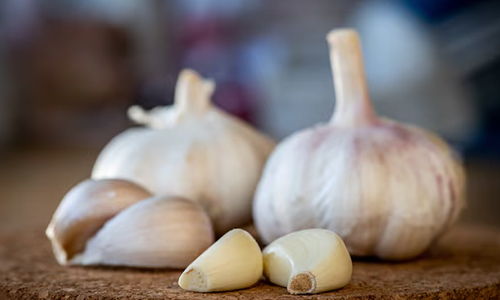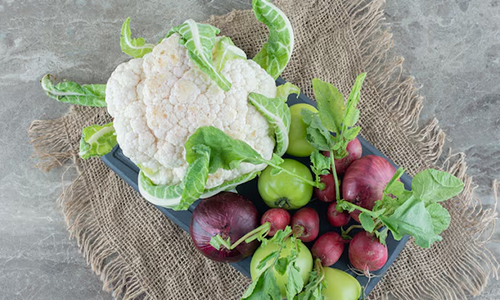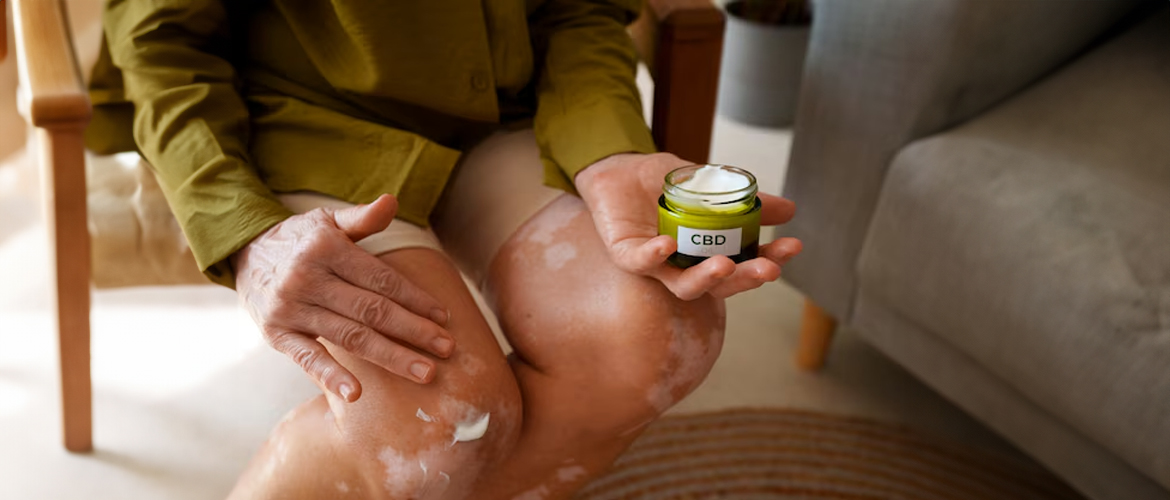We all sweat. But ever wondered why some days you smell stronger than usual—even when you're clean and dry? It might not be your hygiene. It might be your plate. Yes, your diet plays a big role in how your body smells. If you’ve ever questioned what food causes body odor, this blog will give you all the answers.
How Does Food Affect Body Odour?
Body odour is mainly caused by bacteria breaking down sweat. But the type of sweat and its chemical composition can change depending on the food you eat. Certain foods release sulfur-containing compounds or stimulate your apocrine glands (the ones responsible for sweat with odor). These compounds are excreted not only through breath and urine but also through your pores, changing your natural scent.
In simple words: What you eat can literally ooze out of your skin.
Foods That Commonly Cause Body Odor
Let’s break down the common food groups and specific items that are known to cause odor:
1. Red Meat

Hard to digest and stays longer in your gut, red meat causes a buildup of toxins and foul-smelling compounds in your intestines. When these are released, they can increase sweat odor. Studies have shown vegetarians generally have less body odor than meat-eaters.
2. Alliums (Garlic, Onions)

Garlic and onions contain sulfur compounds like allicin. These compounds break down into other smelly substances which are released through your pores. Although healthy, they leave behind a lingering scent.
3. Spicy Foods
Curry, chili, or any spicy meal can increase your body’s temperature, making you sweat more. On top of that, some spices have volatile compounds that can be excreted through sweat, giving you a spicy scent.
4. Cruciferous Vegetables

Broccoli, cabbage, cauliflower, and Brussels sprouts are full of sulfur. When broken down in your body, they release hydrogen sulfide—yes, the rotten-egg smell.
5. Dairy Products
People who are lactose intolerant may have trouble digesting dairy. Undigested lactose ferments in the gut, leading to gas, bloating, and an odor that can sometimes show up in your sweat too.
6. Alcohol
While not exactly a food, alcohol deserves a mention. Your body sees alcohol as a toxin. While some is metabolized, the rest is released via breath and sweat, creating a strong, sour scent.
7. Caffeine & Coffee

Caffeine stimulates your central nervous system and sweat glands. It also increases acidity in your sweat, which bacteria love. The result? That signature coffee-sweat combo.
8. Fast Food and Fried Foods
These are usually loaded with saturated fats and sugar, which can increase inflammation and affect gut health. A poor gut flora can translate to more toxins being released through your skin.
Surprising Foods That May Actually Improve Body Odor
Not all food is the enemy! Here are some ingredients that could help neutralize or improve your body scent:
- Green tea – Its antioxidants help flush toxins and improve skin health.
- Citrus fruits – Lemons and oranges help detoxify the body and leave a fresh scent.
- Parsley & Mint – These herbs act as natural deodorizers.
- Leafy greens – Spinach and kale are high in chlorophyll, which neutralizes odor.
- Fiber-rich foods – They clean your gut and prevent toxins from being absorbed.
Can Changing Your Diet Reduce Body Odor?

Yes! If you're suddenly smelling more pungent than usual, consider tracking what you've been eating. Try an elimination method—cut out certain foods like red meat, garlic, and processed foods for a week or two—and see if your scent changes.
Don’t forget: Hydration is key. Water helps flush out odor-causing toxins and keeps sweat less concentrated.
Body odor is natural, but when it becomes unusually strong or persistent, your diet could be the hidden culprit. Now that you know what food causes body odor, a few smart swaps and mindful choices can make all the difference.
So, next time you notice a sudden shift in how you smell, don’t just reach for deodorant. Check your plate.













